
Emergency contraception, also known as postcoital contraception, is a birth control measure that may prevent unwanted pregnancy. It is used after sexual intercourse but it is effective only if it is taken on time. There are two main forms of emergency contraception. The most commonly used are emergency contraceptive pills, also known as the “morning after pills”. They work to prevent implantation of an embryo in the uterus. Intrauterine devices can also be used as emergency contraception. Insertion of an IUD is more effective than use of emergency contraceptive pills and they can be left in place for up to 10 years to provide ongoing contraception.
When is emergency contraception used?
It is important to understand that emergency contraception pills should be used only in the emergency cases, and not as a method of ongoing contraception. The emergency situation may result from various reasons such as breakage of a condom or if a woman forgot to take her birth control pills. In general, emergency contraception pills are used only if all other contraception methods have failed. Emergency contraception can be taken up to five days after unprotected intercourse.
How does emergency contraception work?
Emergency contraception uses large amounts of hormones – the same ones that are also found in birth control pills. Therefore, this type of contraception isn’t suitable for ongoing protection since the elevated levels of hormones can dramatically change the normal bodily functions. Hormones from emergency contraceptive pills thicken cervical mucus, which blocks sperm and keeps it from joining with an egg. Moreover, emergency contraception thins the inner layer of the uterus and keeps a fertilized egg from nesting in the tissue. The morning-after pill shouldn’t be confused with the abortion pill. It is a birth control and not abortion measure, as it only prevents fertilization, and doesn’t act upon already fertilized egg.
How effective is it?
Emergency contraception is very effective if it is started on time. The sooner it started the better it works, and the only way to make sure it will work is to star it within 120 hours following the intercourse. It is usually taken in one dose or split in two doses. If a woman takes a pill in two doses, the second is taken 12 hours after the first pill. The next period will typically be different from usual.
Side-effects
Emergency contraception is safe but it occasionally comes along with certain side effects. In most cases, women will suffer from nausea and throwing up, may complain about breast tenderness, dizziness, headaches, and even irregular bleeding.




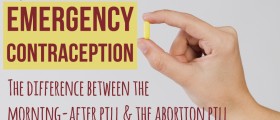
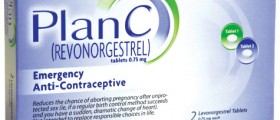




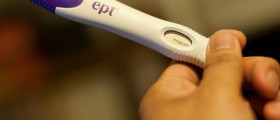

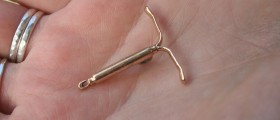

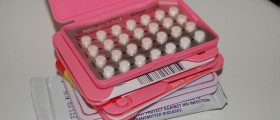

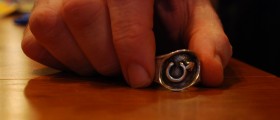
Your thoughts on this
Loading...